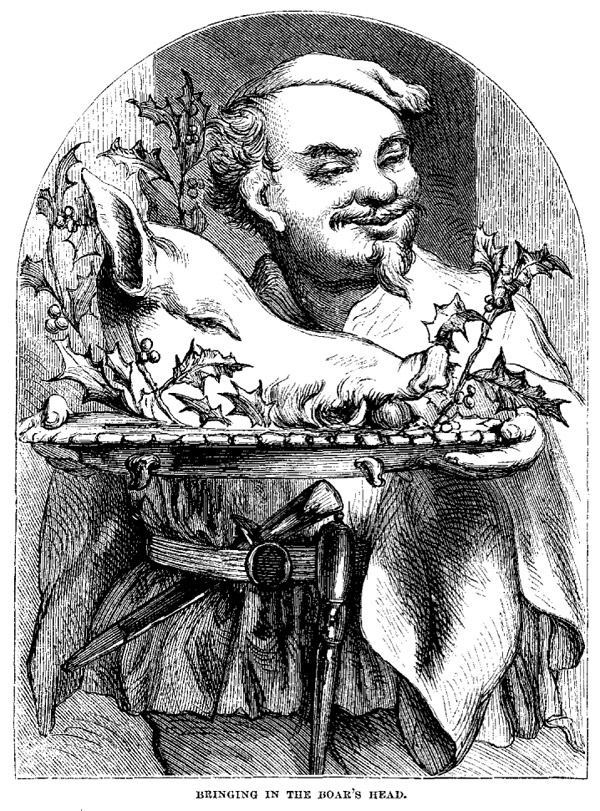
The first video game I can recall having to force myself to stop playing was Rockstar’s Grand Theft Auto: Vice City, which was released in 2002. I managed to miss Vice City’s storied predecessor, Grand Theft Auto III, so I had only oblique notions of what I was getting into. A friend had lobbied me to buy Vice City, so I knew its basic premise: you are a cold-blooded jailbird looking to ascend the bloody social ladder of the fictional Vice City’s criminal under- and overworld. (I also knew that Vice City’s violent subject matter was said to have inspired crime sprees by a few of the game’s least stable fans. Other such sprees would horribly follow. Eight years later, Rockstar has spent more time in court than a playground-abutting pesticide manufactory.) I might have taken better note of the fact that my friend, when speaking of Vice City, admitted he had not slept more than four hours a night since purchasing it and had the ocular spasms and fuse-blown motor reflexes to prove it. Just what, I wanted to know, was so specifically compelling about Vice City? “Just get it and play it,” he answered. “You can do anything you want in the game. Anything.” —
“Video games: the addiction,” Tom Bissell, The Guardian
Ladies and Gentlemen, may I direct your attention to the current elevated state of political discourse: “We’re going to go out there and not just talk about what we’re for, but what the Republicans are voting against”;
can’t we all just rise above partisan dissension and admit that “a date which will live in infirmary” is worth the price of admission?
or, better yet, perhaps we should just keep calling Congressman Bart Stupak a “baby killer”
Nevertheless, the anxieties of contemporary sexual relations offer occasional comic relief. When I was Humanities dean at NYU, a promising young professor was accused of improper advances by a graduate student in his department. He had apparently followed her into a supply closet and declared his feelings. Confronted, the professor confessed all, begging me not to tell his wife. My sympathies were divided: the young man had behaved foolishly, but there was no question of intimidation nor had he offered to trade grades for favors. All the same, he was censured. Indeed, his career was ruined—the department later denied him tenure because no women would take his courses. Meanwhile, his “victim” was offered the usual counseling. Some years later, I was called to the Office of the University Lawyer. Would I serve as a witness for the defense in a case against NYU being brought by that same young woman? Note, the lawyer warned me: “she” is really a “he” and is suing the university for failing to take seriously “her” needs as a transvestite. We shall fight the case but must not be thought insensitive. So I appeared in Manhattan Supreme Court to explain the complexities of academic harassment to a bemused jury of plumbers and housewives. The student’s lawyer pressed hard: “Were you not prejudiced against my client because of her transgendered identity preference?” “I don’t see how I could have been,” I replied. “I thought she was a woman—isn’t that what she wanted me to think?” The university won the case. —“Girls! Girls! Girls!” Tony Judt, New York Review of Books
A list of banned words created for book reviewers by fascist grammarians: “riveting” is not; neither is “powerful” or “page-turner”;
a telephone-help-line script for scorned women;
where do you New York’s paper peddlers stop to piddle?
Pema Lingpa’s descendants include the Wangchuck dynasty, which has ruled Bhutan since 1907. Perhaps it was the saint’s influence that in 1987 prompted the Fourth King to deny the basic premise of Western economics by remarking that “gross national happiness is more important than gross national product,” as surely it is. If prosperity fails to increase our happiness, what good is it? The king, however, also recognized that Bhutan’s long isolation was ending and had begun a policy of careful accommodation to the modern world. The process led to his own abdication in favour of his son and the conversion of his kingdom to a constitutional monarchy two years ago. The first elected prime minister is Jigmi Y. Thinley, a Penn State graduate and a former royal administrator and diplomat. Short, intense, always wearing a colourful gho, he agrees that gross national happiness encapsulates deep Bhutanese values. Like many Maritimers, the Bhutanese believe that there is such a thing as “enough,” and that the essence of happiness and wisdom lies in wanting what you have. —“Hedonic Indicators: Bhutan takes the next step in democratizing happiness,” Silver Donald Cameron, The Walrus


